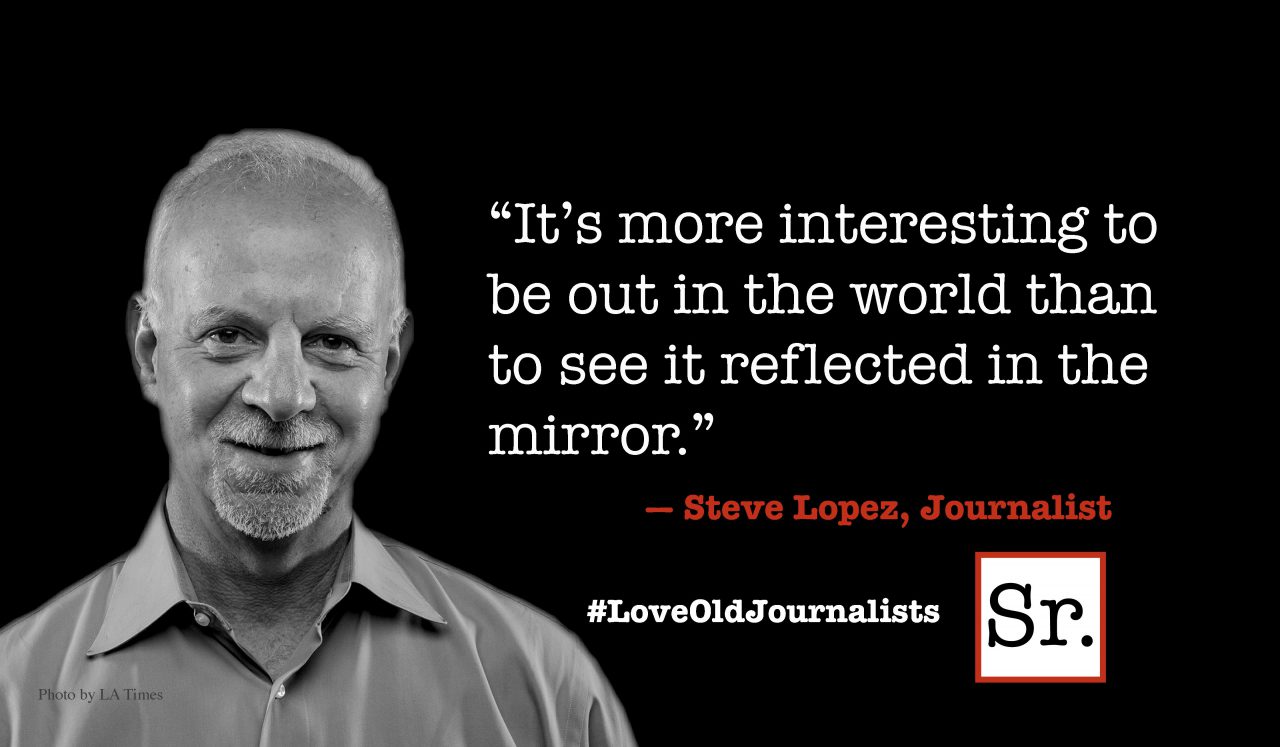Now that Robert Redford is a senior citizen (75-years-old and counting), he has become much more open to the press. I doubt very much that he will mind if I weigh in with other recent pundits on his life and times. My husband Shelly Grossman and I were a photographer/writer team making documentaries for PBS 13/New York under the aegis of our film company Shoshoni Productions, Inc when we first met Redford.
I had just finished the script for "Black Coal/Red Power," a 90-minute television special about the energy crisis of 1971 when people were beginning to talk about our dependence on foreign oil. One alternative being touted at the time was coal-fired electrical generating plants in the Southwest, supplied by strip mines. One of these new plants, The Four Corners Plant in Farmington, New Mexico, had already opened, spewing a trail of sulfur dioxide and particulates all the way to Denver. The Environmental Protection Agency soon forced its owners in Arizona and California to clean up emissions which they did but not entirely. And the rush was on to build more.
Our film centered on the huge Mohave Generating Station in Laughlin, Nevada next to be opened in 1971 with coal from the Peabody mine on the Navajo Reservation‘s Black Mesa. This station generated even more problems with air pollution that threatened to obscure the Grand Canyon. Navajos on the mesa protested the destruction of their sheep herding lifestyle and Mother Earth herself. Their neighbors, the Hopis, feared that taking water from the underground aquifer for the slurry line carrying coal to Laughlin would deplete it.
We needed a narrator for our film. Redford, the young star with environmental interests and sympathy for Native American causes, would be the perfect narrator. We arranged to meet him.
When we arrived for our meeting with Redford he was dressed for tennis. We were at the Park Avenue apartment of friend and screen writer William Goldman. Redford was not hard to convince. He also offered to do the narration pro bono. We had been lucky enough to catch him at a turning point in his career. He was enjoying the smash box office
success of "Butch Cassidy and the Sundance Kid." There was an ease and honesty with which he presented himself that I will never forget. "Gosh," I thought, "this famous person, the Sundance Kid, is a really nice guy.
Some weeks later, we were in a Hollywood studio to see Redford waiting for what seemed an interminable length of time while a group of young men, obviously studying acting after hours, fiddled with the sound track of "The Candidate." They would insert a barking dog here and there, and then take a break to read from a play. I recognized it as "Titus Andronicus" since I nearly failed my college course in Shakespeare because of it — the whole semester‘s grade hinged on an essay exam on this obscure work.
The appearance of Redford banished such unpleasant reminders, and, after a brief greeting, he led the way down a long hallway. Actually I had to follow behind him and Shelly to the recording room while the two men carried on a lively conversation. I had an uncomfortable feeling about that day — tagging along the way, like a little girl. Then I read recently in The AARP Magazine that Jane Fonda had the identical experience when she was Redford‘s costar in some early movies. He was always out in front of her two or three steps. I feel better now, knowing that I was not alone. And Jane long ago forgave him. She remains one of his best friends — those who call him "Bob!"
Other friends of Bob have not remained loyal. William Goldman, the screen writer for "Butch Cassidy and the Sundance Kid,” also wrote a screenplay for "All the President’s Men," which Redford rejected. From his standpoint it was to tell the Watergate story as the free press doing its job; it was not about Nixon. A new biography of Redford details how he struggled to have the screenplay redrafted by other writers. In the end, when Goldman reluctantly handed over his version, Redford rented a room across from the Washington Post to rewrite it himself with Allan J. Pakula. Only the beginning and the end of the original screenplay remained. The friendship was gone, but Goldman got the consolation prize, the Academy Award for Best Adapted Screenplay.
We never saw Redford again after the trip to Hollywood to record the script for Black Coal/Red Power. It is a measure of his thoughtfulness toward someone he barely knew, that Robert Redford sent me a letter of condolence after Shelly‘s death in 1975.
I was always interested to see that he remained dedicated to environmental causes. He recently blogged about his opposition to a coal company‘s plans to open a mine near Bryce Canyon, Utah. I did contact him several times over the years about other film proposals, and he always replied by letter or telephone regardless of how busy he might have been. His answer was invariably that he couldn‘t take on anything new —and couldn‘t take on a project in any case without being part of the planning.








